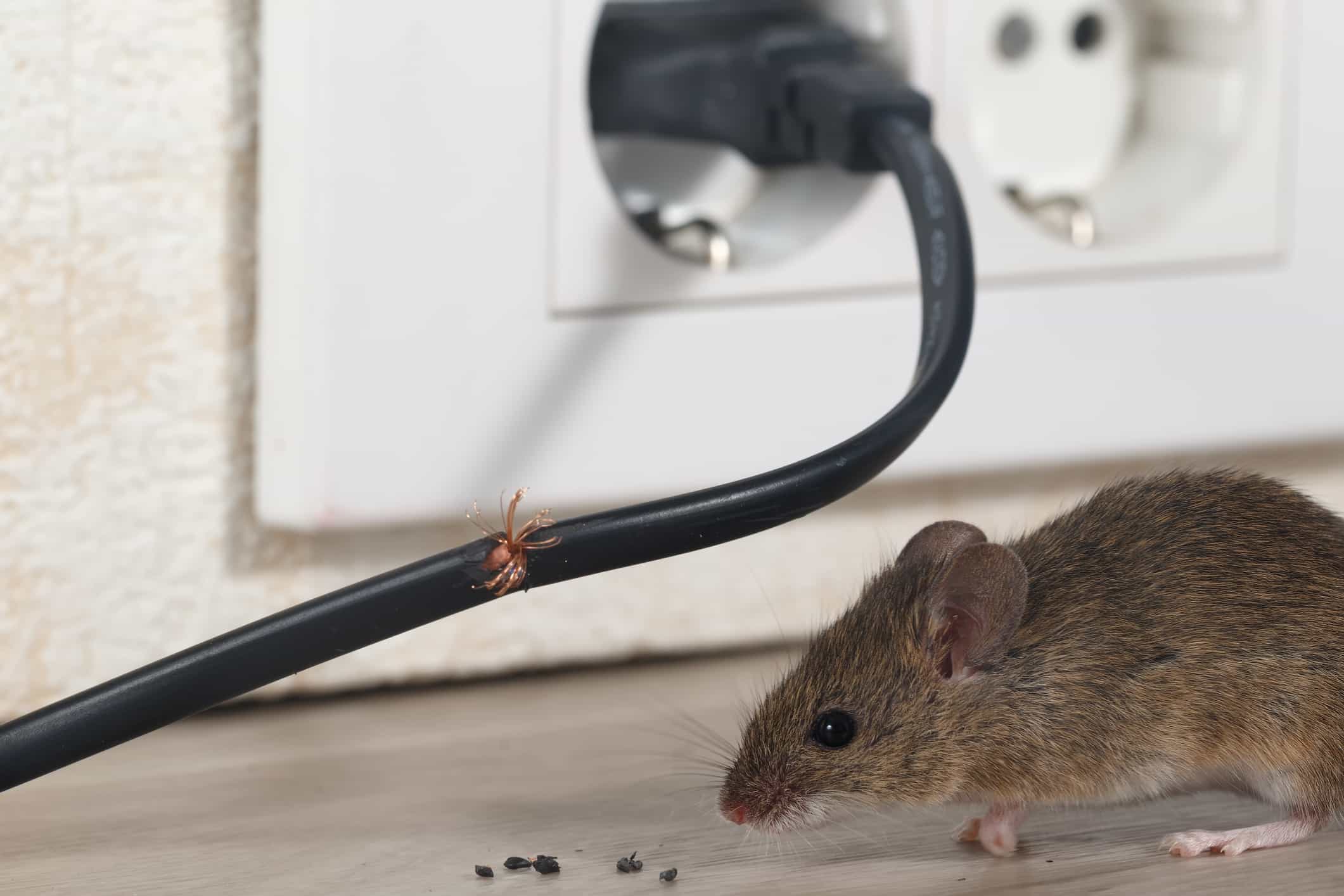Introduction
Mice, despite their small size, can wreak havoc in homes across Massachusetts. These tiny rodents are not only a nuisance but can also pose serious health risks to residents. In this article, we will explore the damage mice can cause to homes in Massachusetts and the diseases they can transmit.
Damage to Homes
1. Structural Damage:
Mice are notorious for their gnawing habits. They can chew through various materials, including wood, insulation, and electrical wiring. This can lead to structural damage, electrical problems, and even fire hazards. Massachusetts homes, with their rich history and often older construction, are particularly vulnerable to these issues.
2. Contamination:
Mice leave droppings and urine wherever they go. This leads to contamination of surfaces, food, and water sources in your home. Not only is this unsightly, but it can also lead to the spread of diseases. Proper cleaning and disinfection become crucial to mitigate these risks.
3. Nuisance and Noise:
Mice are nocturnal creatures, so their activities often disrupt your sleep. The scratching and scurrying sounds in your walls or ceilings can be quite unsettling, and the stress of a mouse infestation can negatively impact your well-being.
Health Risks and Diseases
1. Hantavirus:
In Massachusetts, deer mice are known carriers of hantavirus, a potentially deadly disease. Inhalation of aerosolized virus particles from mouse droppings or urine can lead to hantavirus pulmonary syndrome, causing severe respiratory symptoms.
2. Salmonellosis:
Mice can transmit salmonella bacteria through their droppings and urine. If contaminated surfaces or food are ingested, it can result in salmonellosis, causing symptoms like diarrhea, fever, and abdominal pain.
3. Leptospirosis:
Mice can carry the bacteria responsible for leptospirosis. This disease can be transmitted to humans through contact with contaminated water or soil. Symptoms include fever, muscle aches, and in severe cases, organ damage.
4. Allergies and Asthma:
Mouse allergens found in their fur, saliva, and urine can trigger allergic reactions and exacerbate asthma symptoms in sensitive individuals.
Prevention and Control
To protect your home and health in Massachusetts, it’s crucial to take preventive measures and seek professional pest control if needed:
1. Seal Entry Points:
Identify and seal any openings that mice can use to enter your home. Pay particular attention to gaps around doors, windows, and utility penetrations.
2. Maintain Cleanliness:
Keep your home clean and free of food crumbs. Store food in airtight containers and dispose of garbage regularly.
3. Set Traps:
If you suspect a mouse infestation, use traps strategically to capture and remove them. Be cautious when handling traps and wear protective gloves.
4. Seek Professional Help:
If the problem persists, consult a pest control expert. They can provide effective solutions and ensure safe removal of mice.
Conclusion
Mice are not just unwelcome intruders in Massachusetts homes; they pose real threats to both property and health. By taking proactive steps to prevent infestations and addressing them promptly, you can protect your home and loved ones from the damage and diseases these small but formidable rodents can bring.


